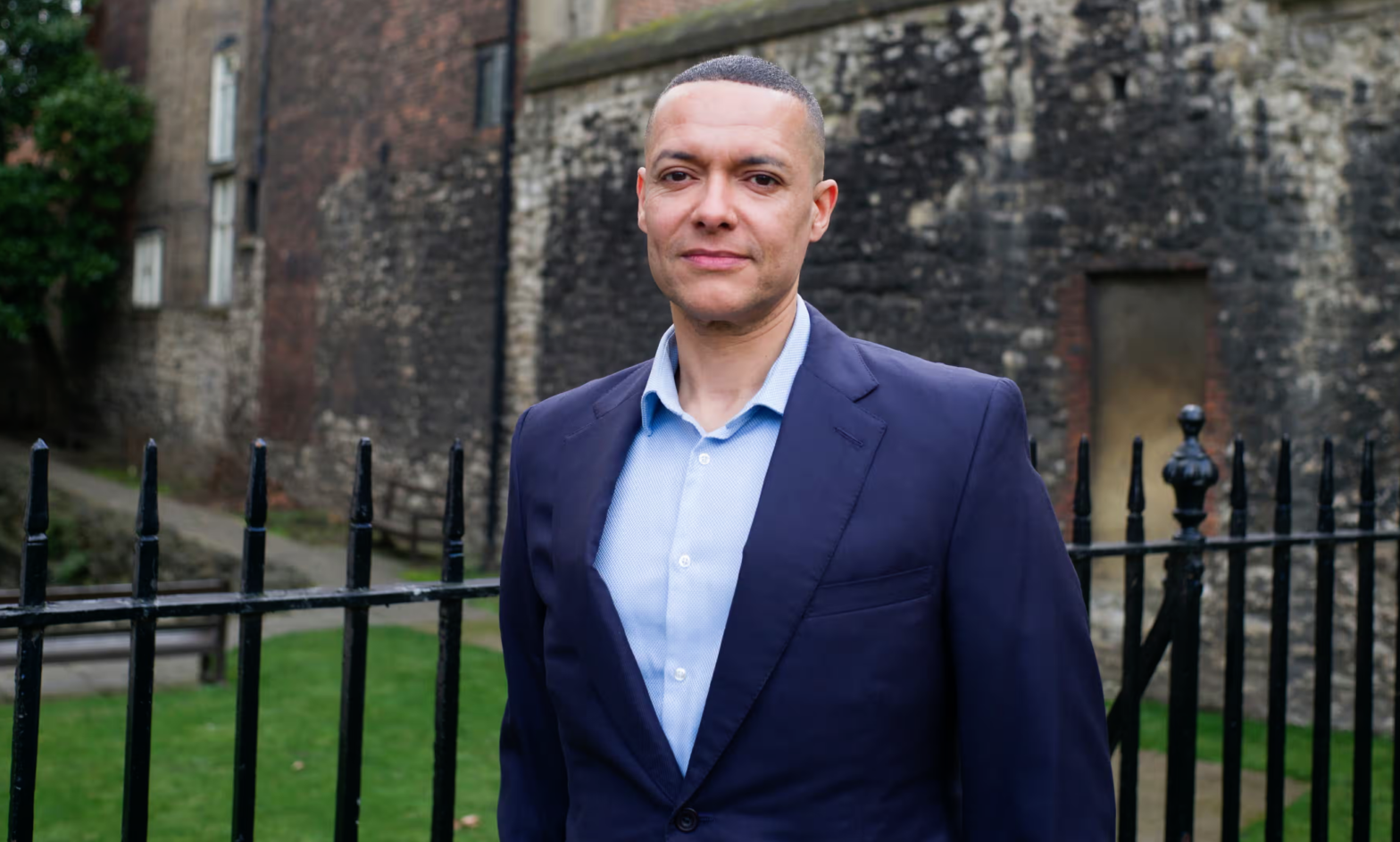Clive Lewis would have been at risk of a byelection if he did not pledge allegiance to ‘heirs and successors’ of the king
Clive Lewis, the Labour MP for Norwich South, has been forced to retake his parliamentary oath after omitting a crucial part of the pledge in a protest against the monarchy. During a swearing-in ceremony last week, Lewis deliberately left out the phrase swearing allegiance to the king’s “heirs and successors,” opting instead to declare his commitment to King Charles “under protest.” This symbolic act of defiance was an expression of Lewis’s long-standing opposition to the monarchy and his support for Britain becoming a republic.
However, parliamentary authorities quickly intervened, warning that Lewis’s refusal to complete the full oath had left his affirmation in doubt and could have serious consequences. Under the Parliamentary Oaths Act of 1866, which governs how MPs take the oath of allegiance, any MP who fails to swear the full allegiance risks losing their seat. In Lewis’s case, this meant that unless he retook the oath, he could face a byelection, be stripped of his right to vote, or even lose his parliamentary salary. Faced with this legal threat, Lewis returned to Parliament to reswear the oath in its entirety.
Lewis shared the details of his predicament on social media, posting a letter from the House of Commons Journal Office that outlined the potential consequences of his omission. The letter noted that without a valid oath, there was “doubt about whether the manner in which you made the affirmation is legally valid.” The consequences were stark: failure to retake the oath would have resulted in legal action, fines, and the loss of his parliamentary seat, essentially treating him as if he had passed away in office.
The Labour MP, undeterred by the legal requirements, reiterated his belief that MPs should have the right to pledge their allegiance to democracy and their constituents, rather than to the monarchy. “The majority of the public are committed to democracy, and so I hope one day MPs can swear an oath based on those values,” he stated. This protest, however, was not just a one-off act of defiance; it was part of Lewis’s broader campaign for a republic and against the undemocratic nature of the monarchy. His statement highlights the growing discontent among certain sections of the British political spectrum who argue that the monarchy is an outdated institution that does not represent the values of modern democracy.
The protest has drawn attention to the issue of political allegiance in the UK, where some MPs have used their oaths to make personal political statements. Lewis is not alone in expressing republican sentiments. Colum Eastwood, leader of the Social Democratic and Labour Party in Northern Ireland, declared his oath “under protest” last week, affirming his true allegiance to the people of Derry and Ireland rather than the monarchy. Similarly, Claire Hanna, a fellow SDLP member, included both Irish and English translations when taking her oath, underlining her allegiance to the people of Belfast South and Mid Down. These protests speak to the growing debate around the role of the monarchy in modern British politics, with more politicians questioning whether such oaths should be a requirement at all.
For Lewis, the monarchy’s position in British society has always been a point of contention. He has long argued that the royal family is not a symbol of national unity or sacrifice but rather an institution that upholds the very inequality and social stratification that his political views oppose. In a 2022 Guardian article, Lewis decried the monarchy’s role in what he described as a deeply unequal society, in which the rich and powerful use the institution to maintain their grip on power. He argued that the public image of the monarchy as a symbol of duty and sacrifice is a “lie,” one that distracts from the more pressing issues of wealth inequality, privatization, and social justice. The monarchy, Lewis contended, serves as a distraction from the systemic problems that Britain faces, offering a superficial form of unity while the political and economic elites exploit the system for their own gain.
The incident with Clive Lewis and the controversy over his protest highlight the ongoing tension between those who support the monarchy as an integral part of British identity and those, like Lewis, who believe it is time for a change. The Parliamentary Oaths Act is a relic of a bygone era, but it remains enforceable, and for now, MPs like Lewis are left with little choice but to adhere to its demands if they wish to continue in their roles. Yet his protest is far from isolated; it is part of a broader movement that seeks to challenge the monarchy’s place in the UK’s political and cultural landscape.
In the wake of Lewis’s protest, anti-monarchy groups have expressed their support, with the campaign group Republic condemning the treatment of the MP. Republic’s CEO, Graham Smith, described it as “disgraceful” to force an MP to swear an allegiance to the monarchy simply to do the job he was elected to do. For these republicans, the incident is a reminder that the current system of allegiance to the monarch is undemocratic and outdated, and that MPs should not be forced to swear loyalty to an institution that many believe no longer serves the public.
As debates about the future of the monarchy continue to unfold, the question of whether MPs should be given the option to swear allegiance to their constituents and democratic values rather than to the crown remains unresolved. For Clive Lewis, the protest may have cost him the inconvenience of retaking the oath, but it also brought attention to a key issue in British political life—the ongoing tension between the monarchy and the modern values of democracy, equality, and self-determination. As the UK moves forward, the voices of those like Lewis, who advocate for a republic, will only grow louder in their calls for change.





















